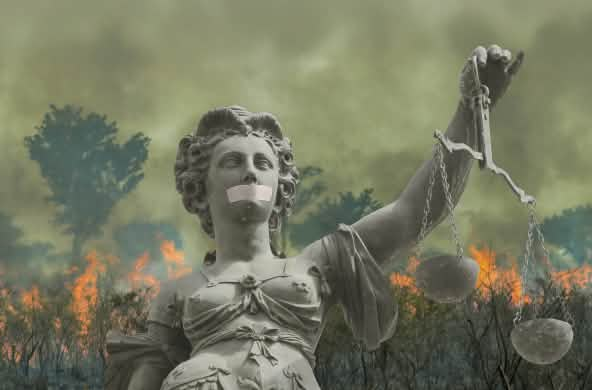Completed campaign
Zimbabwe: stop trafficking in baby elephants!
36 baby elephants were recently rounded up in Zimbabwe’s Hwange National Park for sale to private zoos and circuses abroad. Their chances of survival without their mothers are very slim. Please speak out against this cruel trade and call for the elephants to be returned to their herds.
To: Saviour Kasukuwere, Minister of Environment, Water and Climate; Walter Mzembi, Minister of Tourism
“Call on the Zimbabwean government to return the captive baby elephants to their herds!”It comes as no surprise that Hwange National Park has to resort to selling wild animals to make ends meet. In Zimbabwe, President Robert Mugabe’s personal needs always come first and funding for national parks is not a priority. According to the BBC, the Zimbabwean government budgeted only $180,000 for all of the secondary schools in the entire country in 2014, while spending more than four times that amount to maintain the president’s cars during the same period. Titus Maluleke, governor of Masvingo Province, is brutally frank about the government’s position: “We are not interested in wildlife. We want cash.” For more insights on the inner workings of Zimbabwe, listen to the BBC podcast More or Less (10 minutes).
In the Bloomberg News item on the elephant capture, private zoos in China, the United Arab Emirates and France were mentioned as destinations for the elephant calves. In response to the French version of this petition, we were contacted by the French association of zoological parks (Association Française des Parcs Zoologiques, AFdPZ) and other organizations that strongly deny French involvement. The author of the Bloomberg News story was unable or unwilling to provide us with further details regarding the buyers. The issue of the final destination of the animals aside, the fact remains that of the 36 elephant calves, at least one has already died and the rest await their fate in captivity. We will be posting updates as more information becomes available.
Why elephants never forget - a video by Alex Gendler, animation by Avi Ofer
Further reading
• BBC Africa: Zimbabwe plan to sell elephants from Hwange defended
• Bloomberg News: Elephants for Sale in Zimbabwe, Where Parks Are Starved for Funds
• The Guardian: The barbaric capture of baby elephants for zoos in China shocks the world
• The Telegraph: Zimbabwe's government admits capturing baby elephants to send to UAE
• eTN: Baby elephants captured in Zimbabwe now destined for UAE
• The Citizen: Baby elephant dies in Zimbabwe
To: Saviour Kasukuwere, Minister of Environment, Water and Climate; Walter Mzembi, Minister of Tourism
Minister Kasukuwere, Minister Mzembi,
I would like to express my great dismay at the repeated capture of elephant calves in Hwange National Park as reported by conservationists. Up to 36 elephants aged two and a half to five years have been rounded up for export and face a life in captivity.
The capture of elephants has devastating consequences for both the calves torn from their families and the remaining herd: the young elephants, who are completely dependent on their mothers for their physical and psychological well-being, are deeply traumatized by the separation and the stress of being transported over long distances. In many cases, they do not survive the experience – according to media reports, one of the recently captured calves has already died.
If you permit their export, the elephants will face a grim future: of the four captured and exported to China in 2012, three are no longer alive.
Please put an end to the cruel trafficking of elephant calves. I call on you to ensure that the captured elephants remain in Zimbabwe and are returned to their herds under the supervision of conservation organizations.
Furthermore, I urge you to review your government’s overall stance on the export of wildlife. The sale of vulnerable and endangered animals for the purpose of exhibiting them in zoos and circuses runs counter to Zimbabwe’s reputation as a haven for wildlife and is thus extremely damaging to your efforts to promote tourism. Thank you.
Sincerely,

